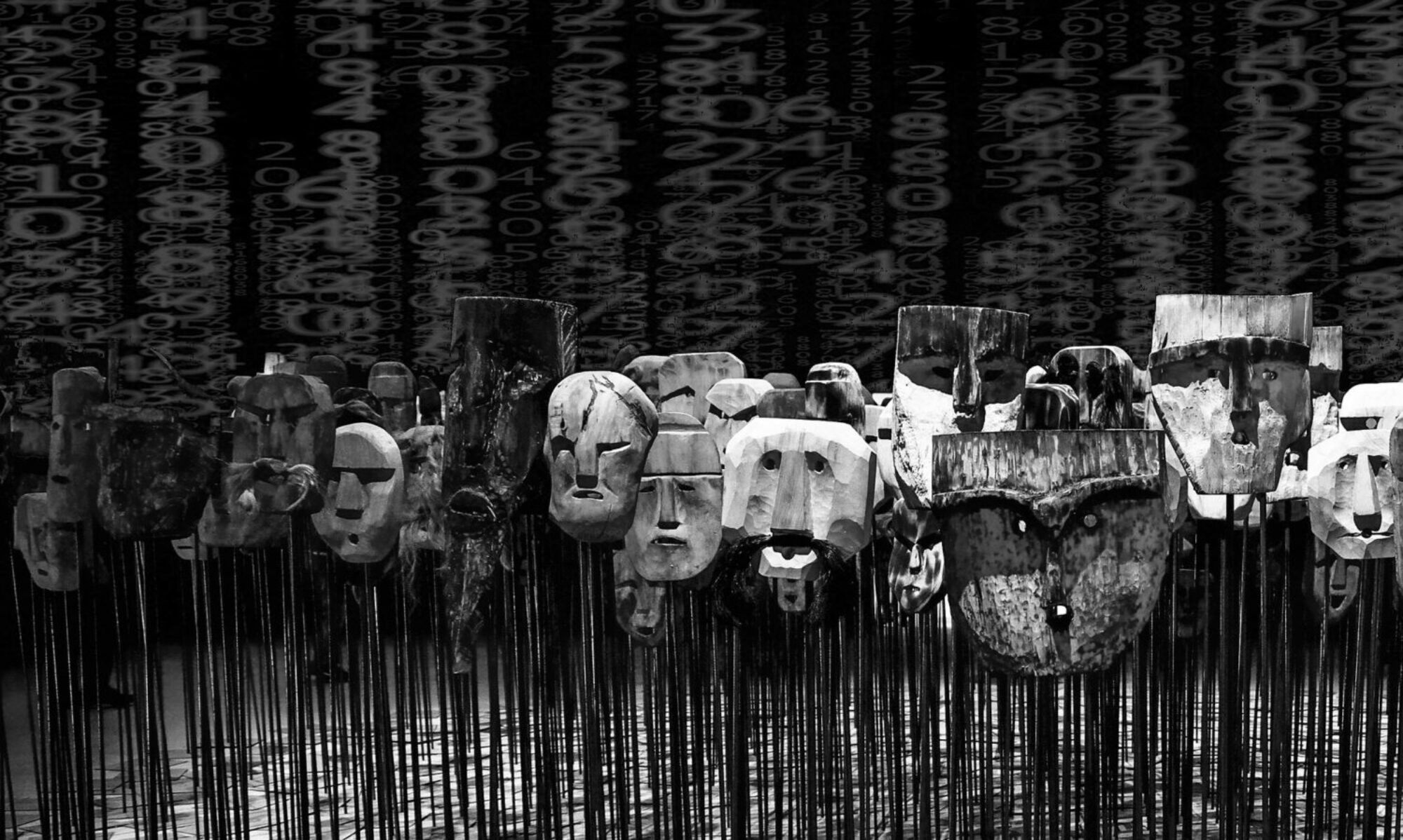[In this post, one of our project participants, shares some personal reflections on the workshop series of the Decolonising Memory: Digital Bodies in Movement Project which ran from November 2021 to May 2022]
6th November 2021
Memory and Transatlantic Enslavement
The session today, has made me ponder about memory and its intrinsic fluidity. As Dr Jessica Moody quoted from Toni Morrison’s, The site of memory. Memory is like “water”, and “emotional memory [is like] ‘flooding’”. These words really resonated with me as memory should be free and ever flowing like “water”, not controlled, distorted, or sanitised. Which is why it is important that we collectively work together to decolonise our thought processes regarding this history. So that our memories of this history are in truth, un-sanitised, reflecting the historical realities of the histories of transatlantic enslavement.
Continue reading “Reflections on the workshops”